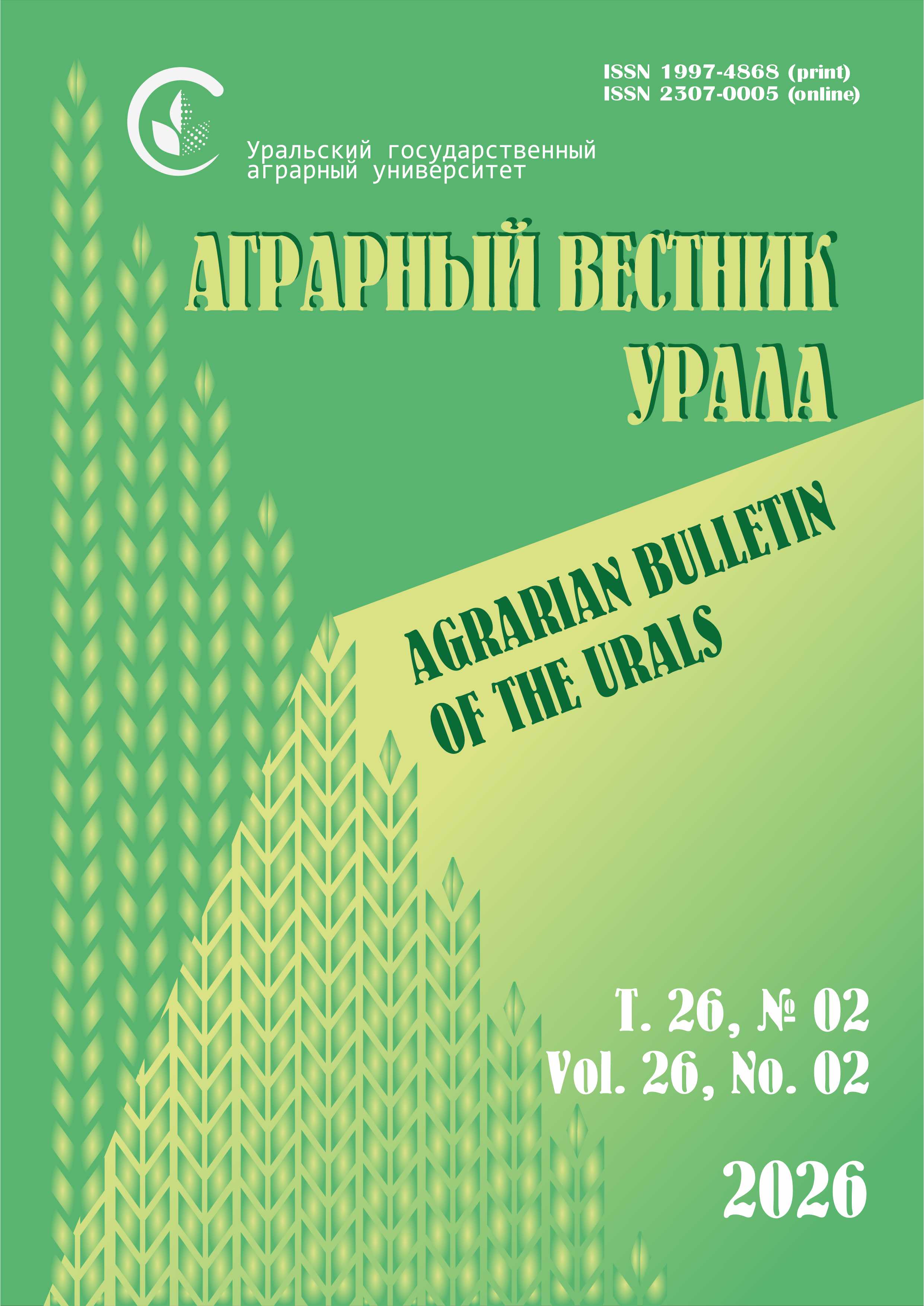Аuthor: A. L. PUSTUEV, doctor of economics, professor,
Ural State Agrarian University (42 K. Libknehta Str., 620075, Ekaterinburg; tel: +7 (343) 371-33-63)
Abstract: In the article described the problem of the relationship of certain elements of the regulatory mechanism of the development of agriculture and the main provisions of economic schools. It reveals the effects of globalization processes on agro-economic system, due also to the weakening of the motivating role of the regulatory functions of management and residual principle of financing the agricultural sector. It indicates that the main defender of the social and economic interests of farmers can only be state-cooperative system, as evidenced by the experience of social and economic development of the countries with a mixed economy, which is driven by the example of Sweden. Revealed shortcomings in the financial and credit mechanisms services to agriculture, which is not the principle of continuity. It summarizes the evolution of the theory of investment from the perspective of different economic schools and their reflection in agricultural economists. In particular theory J. Keynes’s “On the growth multiplier” used in the practice of a number of foreign countries and its application in the development of agriculture in Russia on the basis of agro-cooperation small and medium agribusiness. Amended the theoretical positions E. Hansen, by definition, the marginal efficiency of capital, and supplemented by the definition of methodological provision of capital market valuation of agricultural sector (or agricultural enterprises), especially land agro-farming perspective. It is proved that this measure will help identify potentially possible market capitalization of agricultural organizations. The possibilities for the application of Russia unused agricultural land in the country’s 40 million. ha and proposed measures for their multiple uses. This would allow municipalities to increase the tax base and really tackle the problem of rural development.
Keywords: regulative mechanisms, liberally-market model, agrarian sector, economic schools, investments, capitalization.












